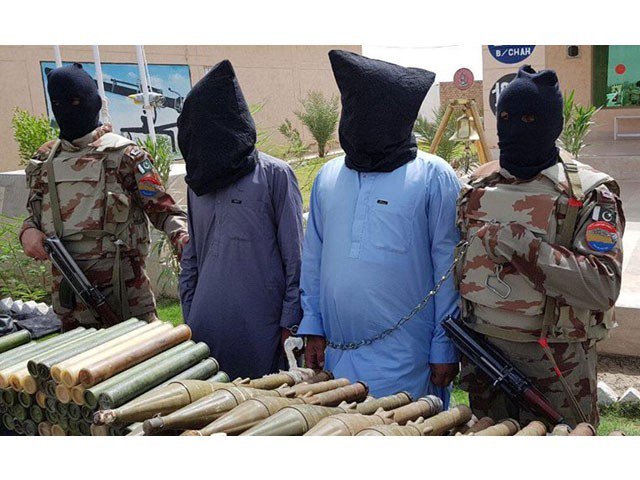From time to time, Interior Ministry issues list of banned organizations with the appeal that people should not donate hides and skins or give charity to them. However, media should also create awareness among the masses that they should ensure that charity does not land into the hands of the terrorists. On upcoming Eid al-Azha, it is estimated that more than 7 million goats, cows and camels will be slaughtered in Pakistan, which will on one hand guarantee meat handouts to the poor, and on the other will meet nearly half of the annual requirement of the country’s leather industry. However, it also generates an extraordinary cash windfall for some of Pakistan’s most dangerous militant groups. During operation in Karachi, Rangers had discouraged Muttahida Qaumi Movement (MQM) from collecting skins of sacrificial animals. However, after dissociating from London MQM, the MQM-Pakistan has announced that it would not collect animals’ hides this year also.
Across the country, political parties and religious groups receive an estimated amount of 3 to 4 billion rupees from the sales of hides every year. The hide collection is done in a very organized manner in Pakistan. Usually, the charity groups, the administrators of local mosques, and the representatives of religious and political parties launch door to door campaign before the Eid al- Azha asking them to donate hides to them. Banned militant organizations have been fundraising millions of dollars on the occasion of Eid al-Azha. Due to lack of trust in state institutions, most Pakistanis prefer to donate money, give zakat during month of Ramadan and hides directly to private welfare organizations. Although quite a lot of legitimate charity bodies are doing remarkable work in Pakistan, extremist groups are the ones who rake in millions of Pakistani rupees during Ramadan and Eid to fund their activities.
Observers say that banned militant organizations with links to al Qaeda and the Tehreek-e-Taliban Pakistan (TTP) generally become very active during these months and seek donations from individuals. Some groups work under different names and create foundations – which appear to be legal at first glance – to solicit funds, thus making it difficult for the authorities to restrict their activities. Some of the banned militant outfits keep a public face in the form of charity organizations; therefore the ban does not affect their structure and their network in society. No non-religious welfare organization can compete with these groups because people like to donate to religious bodies. In the holy month of Ramadan, people of Pakistan prefer to pay zakat and fitrana to the poor as well as religious organizations. Since militant outfits are active under various disguises, charity and various other donations land into their hands. They collect this money which is ultimately used for purchasing weapons and financing terrorism in the country.




